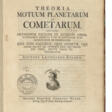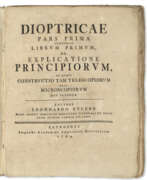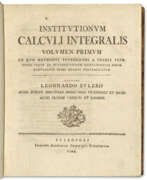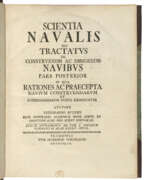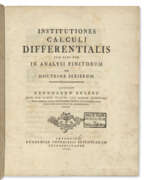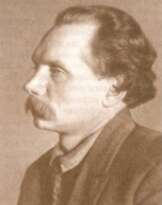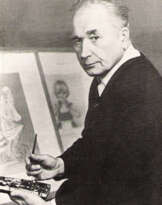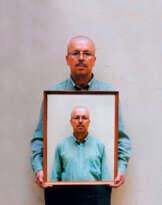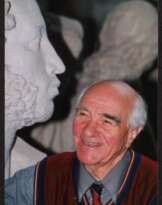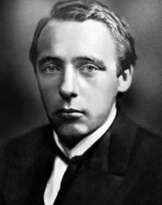Leonhard Euler (1707 - 1783)
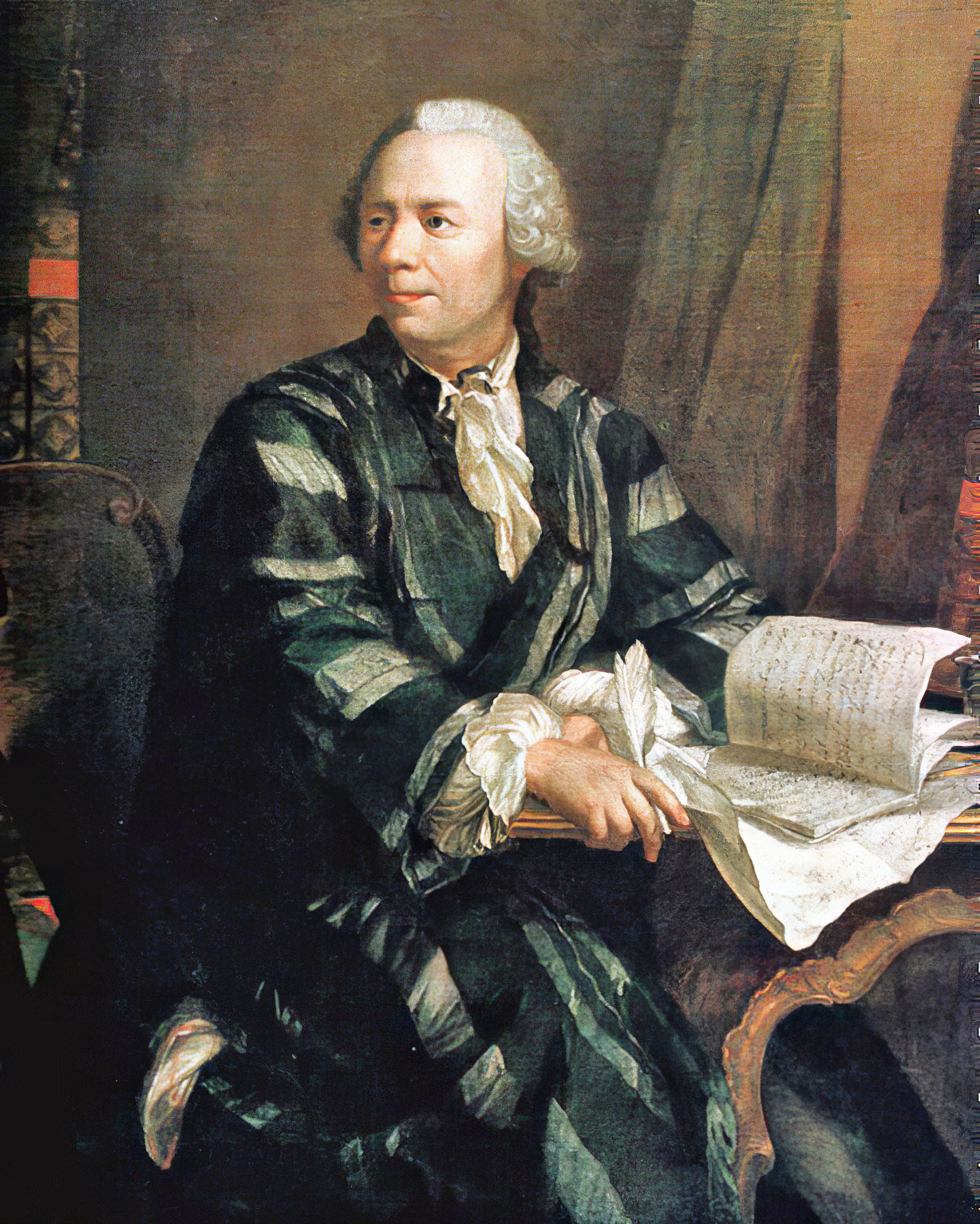
Leonhard Euler
Leonhard Euler was the greatest mathematician of the 18th century and history in general.
Euler brilliantly graduated from the University of Basel and entered the St. Petersburg Academy of Sciences, then began to work at the Berlin Academy, and later to lead it. In 1766, the scientist received an invitation from the Russian Empress Catherine II and again came to St. Petersburg to continue his scientific work.
Here he published about 470 works in a wide variety of fields. One of them is a large-scale work "Mechanics" - an in-depth study of this science, including celestial mechanics. Euler by that time was practically blind, but continued to be actively engaged in science, in the records he was helped by his son Johann Albrecht and stenographers. Leonhard Euler made many fundamental discoveries that brought great benefit to mankind.
His massive contribution to the development of mathematics, mechanics, physics and astronomy cannot be overestimated, and his knowledge in the most diverse branches of science is admirable. During his lifetime, he published more than 850 works that contain in-depth studies of botany, chemistry, medicine, ancient languages, and music. Euler held membership in many academies of science around the world.
| Date and place of birt: | 15 april 1707, Basel, Switzerland |
|---|---|
| Date and place of death: | 18 september 1783, St. Petersburg, Russia |
| Nationality: | Russia, Switzerland |
| Period of activity: | XVIII century |
| Specialization: | Astronomer, Engineer, Geographer, Linguist, Mathematician, Musicologist, Physicist, Scientist |
